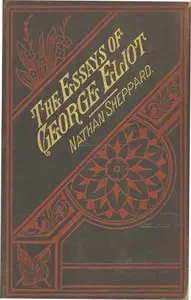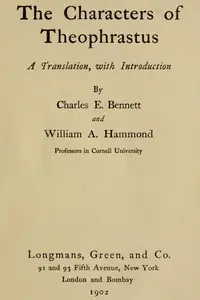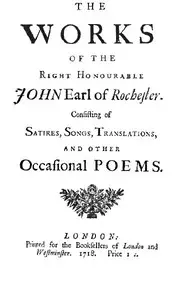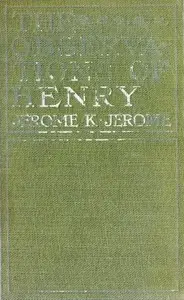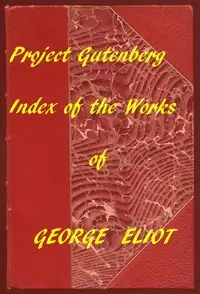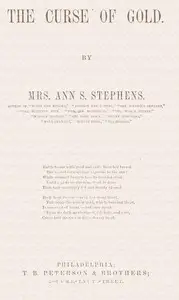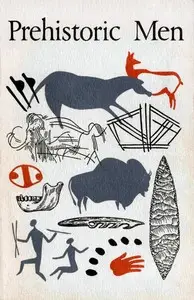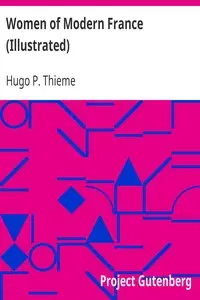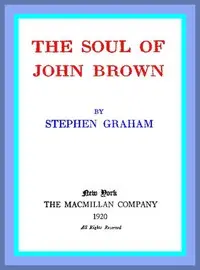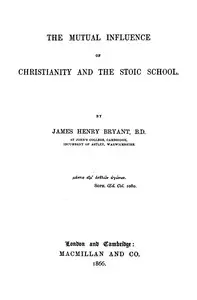"Impressions of Theophrastus Such" by George Eliot is a series of insightful observations delivered through the eyes of a thoughtful bachelor named Theophrastus Such. The narrative unfolds as a considered examination of people's quirks and society's foibles. Such's reflections begin with a close look at how we understand ourselves and how that understanding often clashes with how others see us. He questions the common mistakes people make and how easily they fool themselves. As he continues, Such turns his attention to a diverse cast whose individual characteristics and societal roles highlight the interesting and complex nuances of human behavior and the world around them.
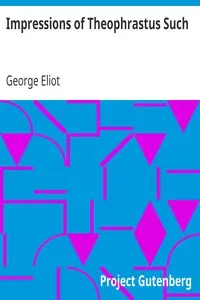
Impressions of Theophrastus Such
By George Eliot
Witness a solitary man's clever and critical reflections on the funny, strange, and often contradictory ways of humanity.
Summary
About the AuthorMary Ann Evans, known by her pen name George Eliot, was an English novelist, poet, journalist, translator, and one of the leading writers of the Victorian era. She wrote seven novels: Adam Bede (1859), The Mill on the Floss (1860), Silas Marner (1861), Romola (1862–1863), Felix Holt, the Radical (1866), Middlemarch (1871–1872) and Daniel Deronda (1876). As with Charles Dickens and Thomas Hardy, she emerged from provincial England; most of her works are set there. Her works are known for their realism, psychological insight, sense of place and detailed depiction of the countryside. Middlemarch was described by the novelist Virginia Woolf as "one of the few English novels written for grown-up people" and by Martin Amis and Julian Barnes as the greatest novel in the English language.
Mary Ann Evans, known by her pen name George Eliot, was an English novelist, poet, journalist, translator, and one of the leading writers of the Victorian era. She wrote seven novels: Adam Bede (1859), The Mill on the Floss (1860), Silas Marner (1861), Romola (1862–1863), Felix Holt, the Radical (1866), Middlemarch (1871–1872) and Daniel Deronda (1876). As with Charles Dickens and Thomas Hardy, she emerged from provincial England; most of her works are set there. Her works are known for their realism, psychological insight, sense of place and detailed depiction of the countryside. Middlemarch was described by the novelist Virginia Woolf as "one of the few English novels written for grown-up people" and by Martin Amis and Julian Barnes as the greatest novel in the English language.

